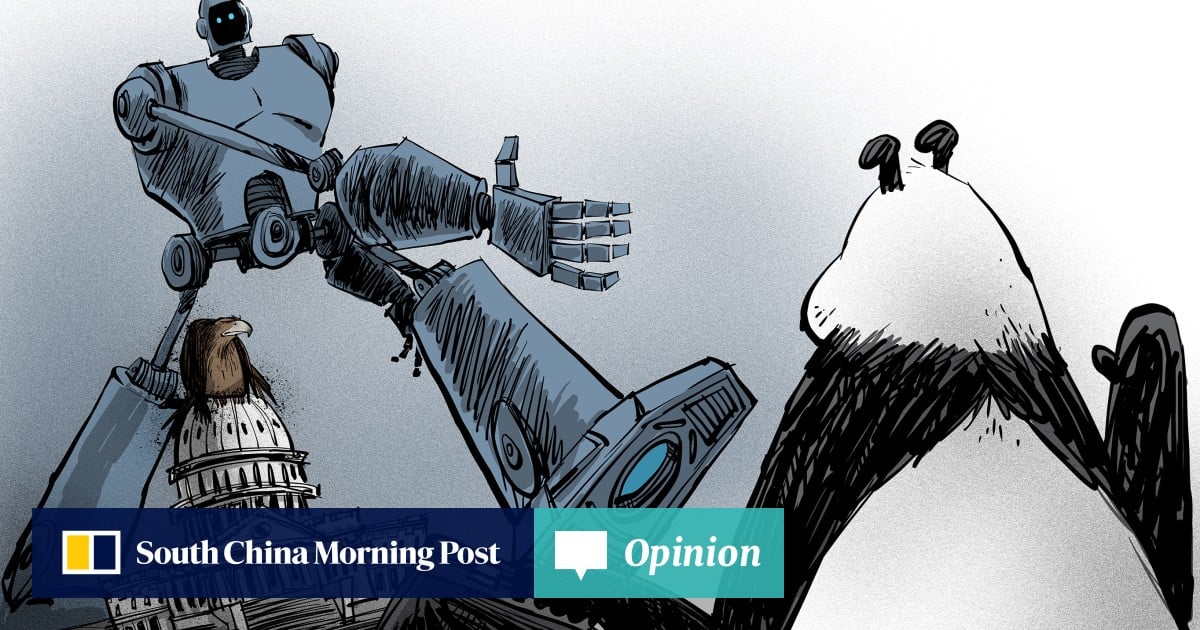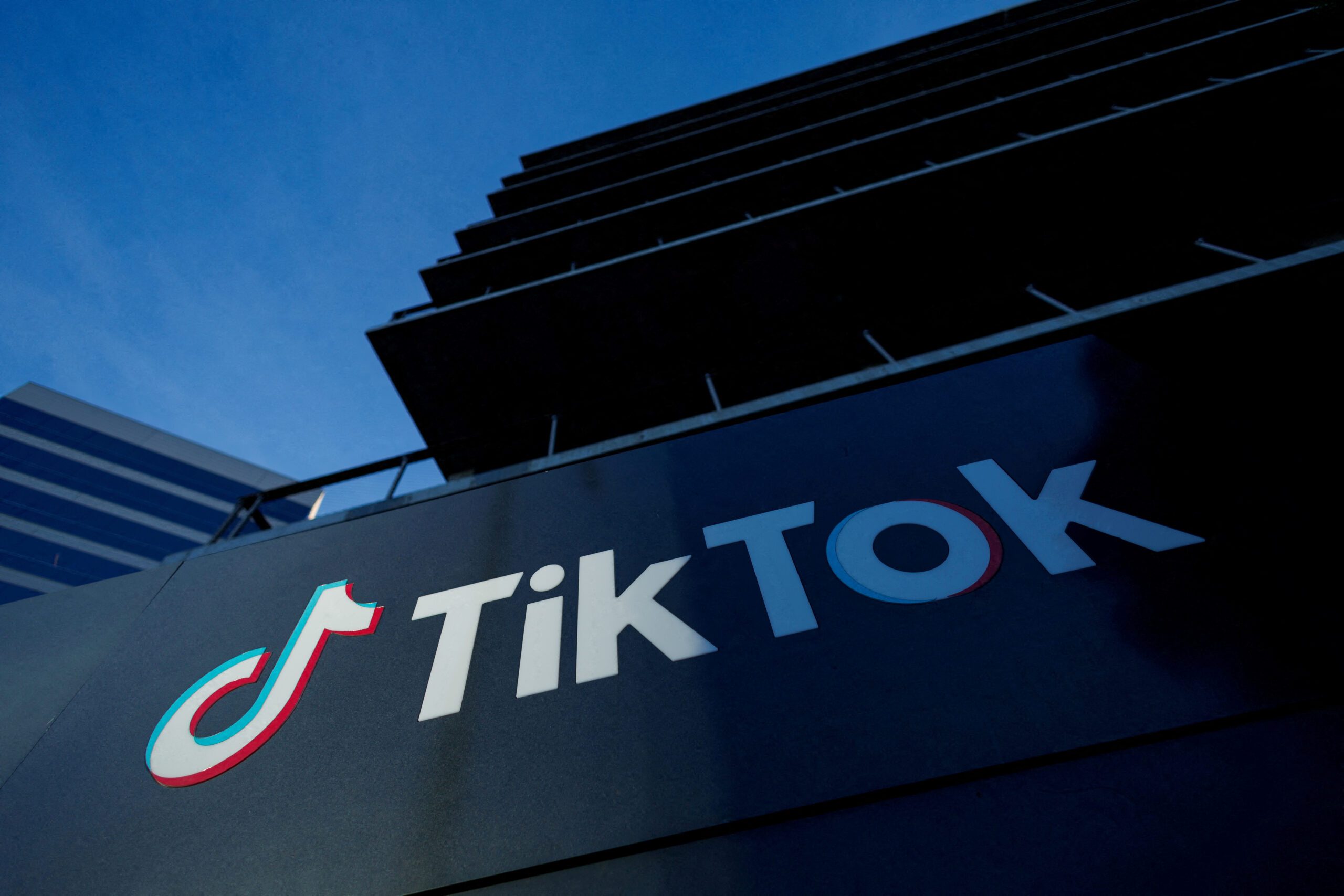HONG KONG — Moves by China to crackdown on listings by its companies on U.S. markets are set to redirect a major portion of the IPO flow to Hong Kong, as technology companies’ thirst for capital and backers’ hopes to realize profits on their investments remain strong.
While U.S. capital markets have an edge when it comes to the scale and diversity of their investor base and the number of comparable peer companies, Beijing’s clampdown, along with reforms by the Hong Kong Stock Exchange and ample liquidity in the city, make it an attractive alternative, analysts and investors say.
“China’s move is aimed at controlling where companies can list,” said a banker based in Hong Kong who works on initial public offerings. “Authorities don’t want to choke the companies off capital. Ultimately, they want them to list closer to home. It is advantage Hong Kong.”
Shares in market operator Hong Kong Exchanges & Clearing, climbed 5.3% on Wednesday, as investors anticipated higher fee revenues from new listings.
Xpeng, a Chinese electric carmaker which went public with a New York Stock Exchange IPO last August, on Wednesday added a “dual primary” listing in Hong Kong after raising $1.8 billion through a share sale in the city.
President Brian Gu told CNBC that the listing was partly about “hedging against geopolitical risks.” The shares closed the day unchanged from their Hong Kong offering price.
Later on Wednesday, China’s State Administration of Market Regulation announced 22 antimonopoly fines of 500,000 yuan ($77,000) each to companies including ride-hailing operator Didi Global, Alibaba Group Holding, Tencent Holdings and Suning.com for completing acquisitions without regulatory approval.
Chinese authorities announced on Tuesday evening that rules for overseas listings will be revised and regulatory oversight of companies trading in offshore markets stepped up.
Three companies that listed in New York in recent weeks — Didi, internet freight transport platform Full Truck Alliance and online recruiter Kanzhun — are being investigated over their handling of customer data by the Cyberspace Administration of China. A string of announcements from the agency since Friday has wiped away billions of dollars in market value from the three, as well as other Chinese companies traded on U.S. markets.
The Nasdaq Golden Dragon China Index, which tracks 98 Chinese companies listed in the U.S., has fallen 4.7% since the first salvo by the cyberspace agency.
Thirty-six Chinese companies have held IPOs in the U.S. this year, raising a total of $12.6 billion, according to Dealogic. This marks the fastest start to a year ever recorded by the company and compares with six listings that raised $2.8 billion in the same period last year.
Only one Chinese company, Alibaba Health Information Technology-backed medical data company LinkDoc Technology, is actively taking orders for a U.S. IPO now.
The company is set to close order books on its share sale of up to $210 million later on Wednesday, a day earlier than planned amid strong demand, two people familiar with the transaction said. Pricing is scheduled for Thursday, with trading to begin on the Nasdaq stock market on Friday, according to a term sheet.
Chinese hotel operator Atour LifeStyle, meanwhile, has paused its IPO to raise up to $306 million on the Nasdaq. Registration documents for the offering, which had been expected to price already, still await final clearance from the U.S. Securities and Exchange Commission, but may have been delayed by the July 4 holiday.
“Undertaking an IPO in Hong Kong will be a safer bet for Chinese companies when it comes to meeting the requirements for data privacy and sharing,” said Ke Yan, an IPO analyst at DZT Research. “While the clampdown on overseas listings is not entirely clear, it looks like it will be less risky for companies to seek a regulatory review before attempting an IPO overseas and once again it will be easier to get the nod for a Hong Kong listing.”
Chinese companies that have listed abroad have largely used a legal structure known as a variable interest entity under which a company incorporated and licensed onshore can transfer profits to an offshore vehicle with shares owned by foreign investors. This has enabled Chinese technology companies to work around controls on foreign ownership, though the structure has never been endorsed by Beijing.
While Chinese companies with the VIE structure have been largely barred from mainland exchanges, Hong Kong allows them subject to certain disclosures. The exchange has widened its doors further to Chinese tech companies in recent years, allowing ones with dual class shares and some not yet profitable to list. Its benchmark Hang Seng Index has been revamped to adapt to the changes and better spotlight technology stocks.
In Hong Kong, 41 Chinese companies have raised $29.4 billion so far this year compared with $14.9 billion in the same period in 2020, according to Dealogic.
A string of U.S.-listed Chinese companies including Alibaba, JD.com and Baidu have raised more than $37 billion since late 2019 via new listings in Hong Kong amid escalating tensions between world’s two largest economies. Over the period, the U.S. has also raised barriers to new listings. A process is underway to force delistings by those which do not share their audit records with American regulators, a step that would cover virtually all Chinese companies due to the country’s regulations.
Though the Chinese authorities have yet to reveal details of how offshore listings will be curbed, the public signs of Beijing’s displeasure will likely be enough to nudge many companies toward Hong Kong.
Some 15 companies including Alibaba-backed Chinese media and data cloud service platform Qiniu, and ForU Worldwide, a digital freight transportation company, are looking to raise over $4 billion, people familiar with the transactions said.
Beijing reportedly pressured podcast platform Ximalaya to halt plans to list in the U.S. in favor of Hong Kong due to data security concerns. The issue is also likely to be factored into keenly watched plans by ByteDance to list some or all of its businesses, such as TikTok.
Until details are announced, those still keen on a U.S. listing will seek further guidance from Chinese regulators, said a person who advises companies on IPOs.
“In such an event, Hong Kong will be the main beneficiary,” the person said. “It is the only market that has the potential to rival the U.S.– be it types of investors or the ever-increasing number of technology companies that are being listed here.”
Additional reporting by Cora Zhu





